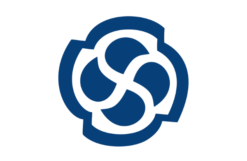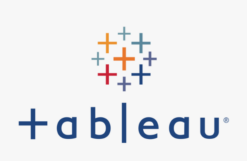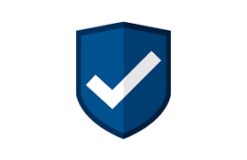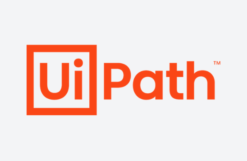Duration: 5 days – 35 hrs.
Overview
React JS is a powerful JavaScript library widely used for building user interfaces for web applications. It provides a component-based architecture, allowing developers to create reusable UI components and efficiently manage complex UIs. React JS has gained significant popularity due to its performance, flexibility, and large community support.
Objectives
- Understand the fundamentals of ReactJS: Gain a solid understanding of the key concepts and principles of ReactJS, including components, JSX syntax, virtual DOM, and state management.
- Learn component-based development: Understand the concept of component-based development and learn how to create reusable and modular components in ReactJS.
- Master JSX syntax: Familiarize yourself with JSX, a syntax extension for JavaScript that allows you to write HTML-like code in your React components, making it easier to create dynamic user interfaces.
- Handle component state and props: Learn how to manage component state and utilize props to pass data between components, enabling dynamic and interactive UIs.
- Work with React Router: Understand how to implement client-side routing in ReactJS using React Router, allowing for the creation of multi-page applications with navigation and URL management.
- Utilize lifecycle methods: Learn about the different lifecycle methods in ReactJS and how to use them to control the behavior of components at different stages of their lifecycle.
- Implement forms and user input handling: Gain knowledge on handling form inputs, implementing form validation, and managing user interactions in ReactJS applications.
- Integrate with APIs and fetch data: Learn how to make HTTP requests to APIs, fetch and display data in ReactJS applications, and handle asynchronous operations.
- Apply styling and CSS frameworks: Explore different approaches to styling React components, including using CSS, CSS-in-JS solutions, and popular CSS frameworks like Bootstrap or Material-UI.
- Test ReactJS components: Understand the basics of testing React components using testing frameworks and libraries to ensure the quality and reliability of your code.
- Optimize performance and best practices: Learn best practices for writing efficient and optimized ReactJS code, improving performance, and avoiding common pitfalls.
- Build a complete ReactJS application: Apply the knowledge and skills gained throughout the training to develop a complete ReactJS application, incorporating various features and concepts covered in the course.
Audience
- Developers
- Programmers
Pre- requisites
- Basic knowledge of HTML, CSS, and JavaScript.
- Familiarity with web development concepts and techniques.
- Understanding of front-end development frameworks and libraries.
Course Content
Module 1: Introduction to React.js
- What is React.js?
- React.js features and benefits.
- Setting up the development environment.
- Creating a simple React component.
Module 2: React Components and JSX
- Understanding React components and their lifecycle.
- JSX syntax and its role in React development.
- Creating functional and class components.
- Working with props and state.
Module 3: Managing State and Events
- Handling state in React components.
- Using setState() to update component state.
- React event handling.
- Binding event handlers.
Module 4: React Router
- Introduction to React Router.
- Setting up routes and navigation.
- Handling route parameters.
- Implementing nested routes.
Module 5: Styling in React
- Different approaches to styling React components.
- Inline styles in React.
- CSS modules and their usage.
- Using popular CSS-in-JS libraries like styled-components or Emotion.
Module 6: Managing Data with Redux
- Introduction to Redux and its principles.
- Setting up Redux in a React application.
- Creating actions and reducers.
- Connecting Redux to React components.
Module 7: Working with APIs and AJAX
- Making HTTP requests from React.
- Using Axios or Fetch API for API integration.
- Handling asynchronous operations.
- Best practices for data fetching in React.
Module 8: React Hooks
- Introduction to React Hooks.
- useState, useEffect, and other built-in hooks.
- Custom hooks and their benefits.
- Converting class components to functional components with hooks.
Module 9: Testing and Debugging React Applications
- Overview of testing approaches for React.
- Writing unit tests using Jest and React Testing Library.
- Debugging techniques for React applications.
- Using browser extensions for React debugging.
Module 10: Deploying React Applications
- Preparing a React app for deployment.
- Building and optimizing the production version.
- Hosting options for React applications.
- Continuous integration and deployment (CI/CD) pipelines.








